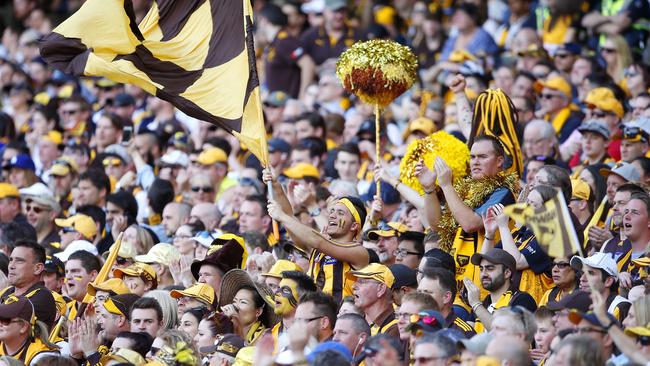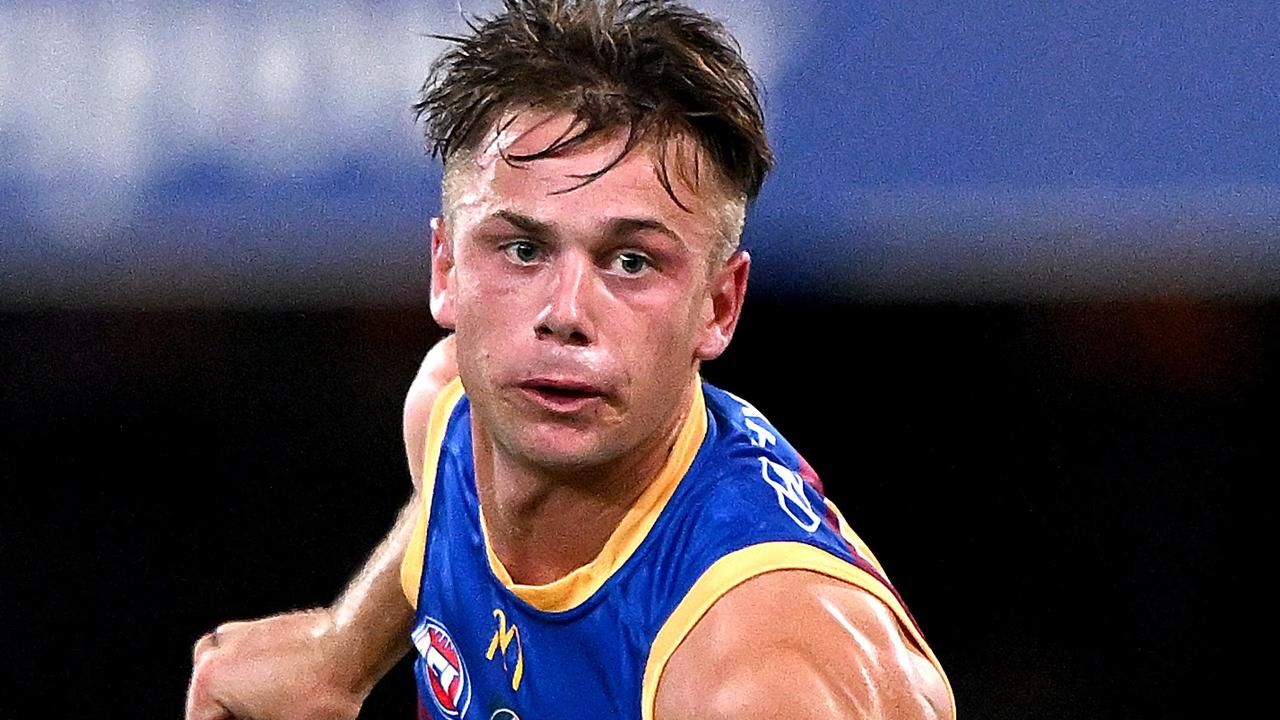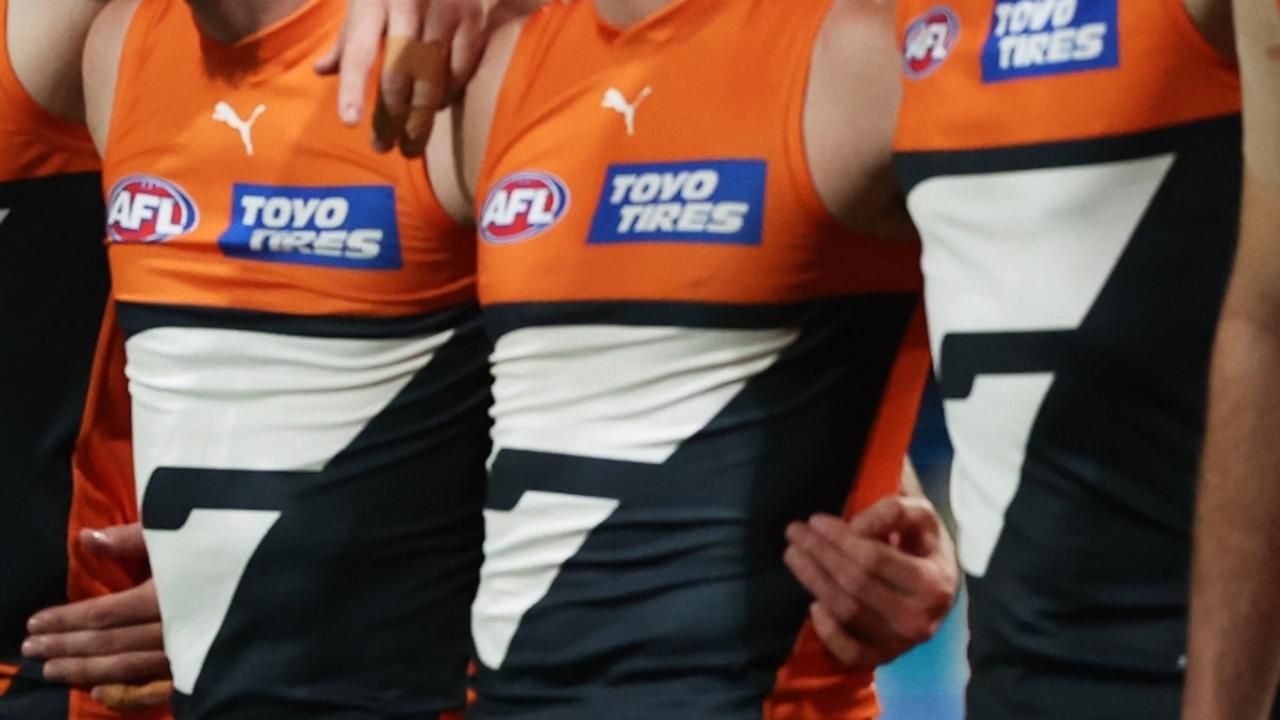AFL to scrap equalisation taxes but Hawthorn, Collingwood will still have to pay
THE AFL will scrap the controversial equalisation taxes that saw Collingwood and Hawthorn hand back more than $5 million in the past two years.
AFL News
Don't miss out on the headlines from AFL News. Followed categories will be added to My News.
THE AFL will scrap the controversial equalisation taxes that saw Collingwood and Hawthorn hand back more than $5 million in the past two years.
But the AFL’s richest clubs will continue to receive millions of dollars less than the poorest under the league’s new distribution scheme.
The league imposes three equalisation taxes — a revenue tax, a football department spending tax and a gate levy.
Hawthorn and Collingwood remained under the football department cap this year but were taxed the maximum $500,000 as part of the “wealth” levy.
PAY DISPUTE: STRIKE ACTION NOT OFF THE TABLE
BIG WINNERS: CASHED UP DOGS POST RECORD PROFIT
Combined with the gate levy taxing clubs for spectators attending games, Hawthorn handed back $2.65m in 2015-16 and Collingwood $2.79m.
The football department spending tax has been a success and will remain next year.
But under an arrangement agreed by the AFL and the clubs, the other taxes will be replaced by a new distribution system.
Clubs have been briefed by the league on an arrangement that will see Hawthorn’s financial figures used as the minimum amount distributed to clubs.

Clubs will no longer hand back money if successful, but Hawthorn, boasting $41.6m in assets and a $2.57m profit this year, will still be penalised.
The league will deduct the current equalisation payment from the annual distribution figure of the richest club, known to be Hawthorn.
It will use that figure as a benchmark figure or “anchor point” — a minimum amount it will hand clubs as part of their annual distributions of AFL revenue.
Clubs such as Greater Western Sydney, St Kilda and the Western Bulldogs will still receive millions of dollars over that figure.
But others such as Collingwood, Hawthorn and West Coast will be happy the AFL is not handing over its distributions, only to immediately tax them in return for their profitability.
In 2015 clubs received $245.2m in distributions from the AFL.
The AFL has told clubs it will fully fund the total player payment increases, which will be at least 10 per cent above this year’s figure of $10.071m.
The football department tax has proved a winner given it has played a key role in slowing footy’s arms race.
Two or three clubs have had to pay taxes for exceeding the football department cap in the past two years but it is believed no club has spent well in excess of the cap.
Hawthorn can scarcely complain that it needs more in AFL distributions, given the club’s extraordinary financial position.
It is expected to confirm it will move to its new Dingley headquarters at Thursday night’s annual general meeting, a project that it will not be forced into debt to fund.
The Hawks have $6,896,627 in cash reserves and have bequests and donations guaranteed for the project
Last year its net operating profit was $3.332m, which did not take into account a specific donation of $2m for the Dingley redevelopment.
Originally published as AFL to scrap equalisation taxes but Hawthorn, Collingwood will still have to pay


